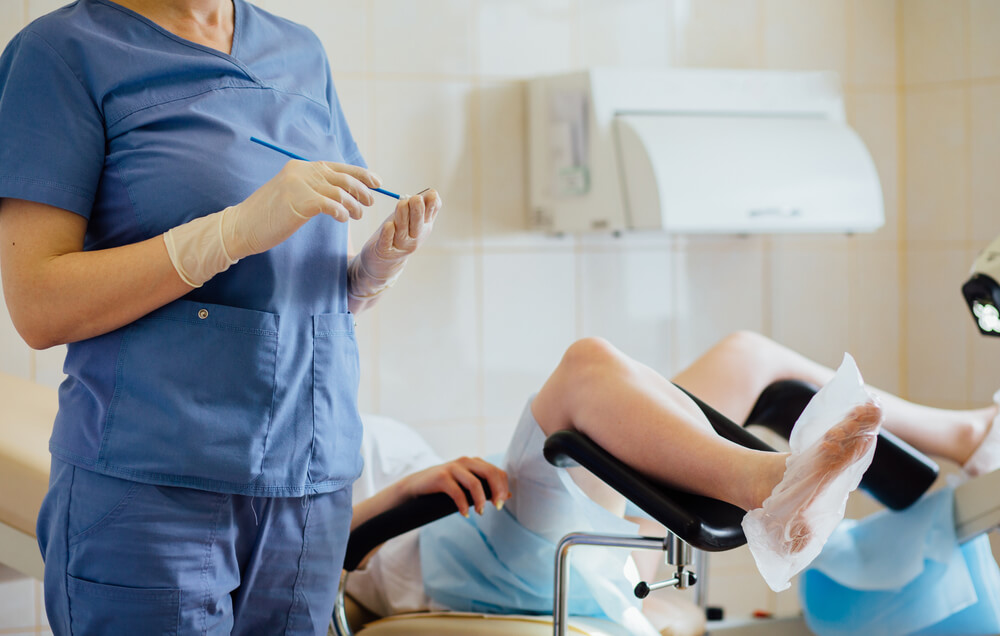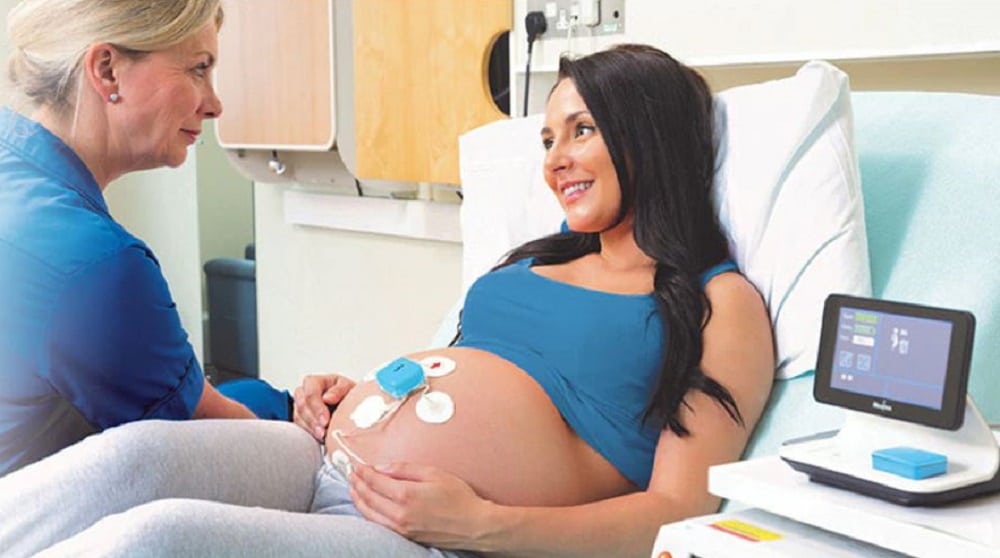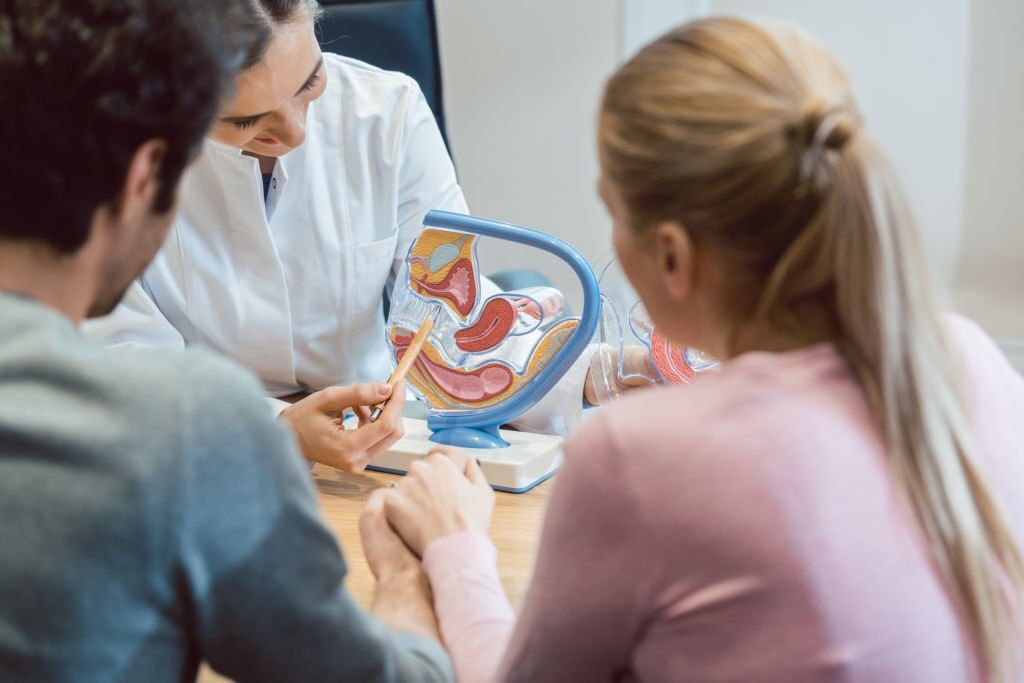Pap smears are an important aspect of women’s health, but many people are still unaware of what they are, why they are important, and how they can benefit women’s health. Whether you are due for a Pap smear or simply curious about the latest developments in this area of healthcare, there’s plenty to discover. Here is what Leela K Patel M.D. would like you to know about Pap smears.
What is a Pap smear?
A pap smear is a screening procedure performed to detect any abnormal cells present in the cervix. This test is done by a healthcare provider, who collects a sample of cells from the cervix with a small brush or spatula. The sample is then sent to a laboratory where it is examined for abnormalities.
1. You should start getting pap smears at age 21
It is recommended that women start getting regular pap smears at age 21, regardless of whether they are sexually active or not.
2. Pap smears do not test for STDs
While pap smears are important to women’s healthcare, they do not test for sexually transmitted diseases (STDs). If you are sexually active, get regular STD screenings along with your pap smear.
3. HPV is a common cause of abnormal pap smear results
Human papillomavirus (HPV) is a common sexually transmitted infection that can cause abnormal pap smear results. Fortunately, there is a vaccine available that can help prevent HPV infection. It is recommended that girls and boys receive the HPV vaccine around the age of 11-12.
4. Pap smears can detect early signs of cervical cancer
One of the most important reasons to get regular pap smears is to detect early signs of cervical cancer. When detected early, cervical cancer is highly treatable, with a 93% five-year survival rate. If you have abnormal pap smear results, your healthcare provider may recommend further testing, such as a colposcopy or biopsy.
5. Pap smears are safe and relatively painless
Many women avoid pap smears because they are uncomfortable being examined in an intimate area. However, pap smears are quick, safe, and relatively painless. While you may experience mild discomfort, it should only last a few seconds.
6. Pap smears can be done during your period
Some women avoid getting pap smears during their period because they believe that it will affect the results. Pap smears can be done during your period, but you may want to reschedule if you are experiencing heavy bleeding or discomfort.
7. You do not need to prepare for a pap smear
Unlike other medical tests, you do not need to prepare for a pap smear. Before your appointment, you can eat, drink, and take your medications as usual. However, you may want to avoid sexual intercourse, douching, or using vaginal creams or spermicidal products for at least 24 hours before your test.
Taking care of your health is an ongoing process, and pap smears are part of a healthy lifestyle. Speak to your doctor at Patel & Patel, M.D., Inc. to learn more about Pap smears.














Leave a Reply